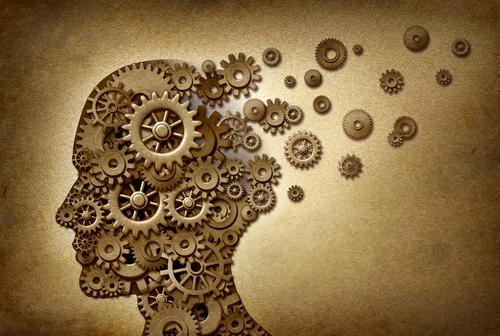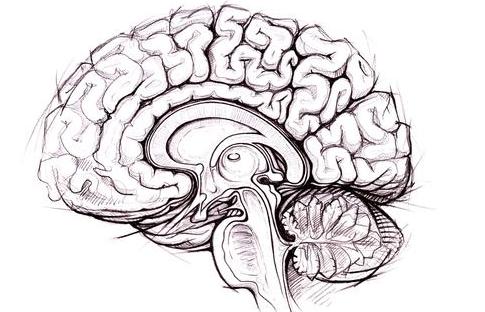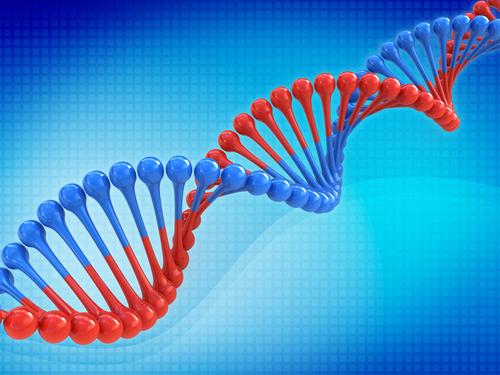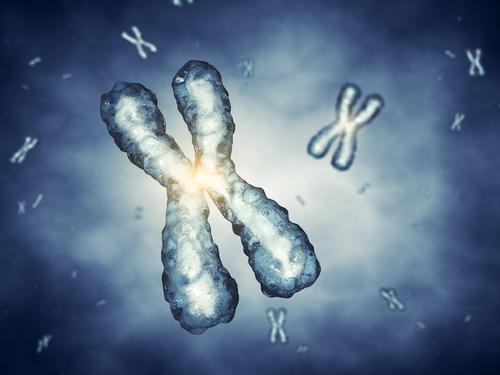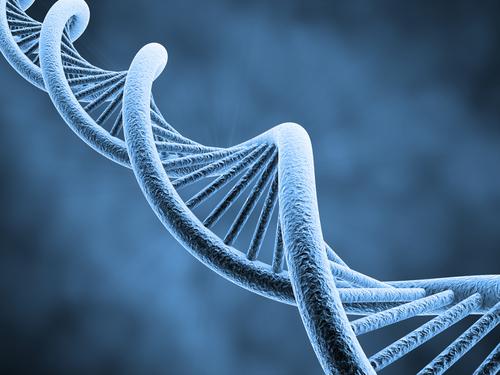Orion Jones
Managing Editor
Get smarter, faster, for success in the knowledge economy. Like us on https://t.co/6ZFWKpoKLi or visit https://t.co/d7r7dG2XOq
A new consumer study concludes that the happiness derived from anticipating a new purchase is often greater than the emotional benefits received from the material good itself.
Sadly, much of the passion and intimacy of new love is bound to fade. Still, there are concrete ways to maintain positive feelings and warmth in long-term relationships, say psychologists.
A new technique which asks patients to move their eyes rapidly while recalling past traumatic events successfully relieves symptoms of the disorder, but psychologists don’t yet know how.
The development of cooking technology has both benefited our health and caused surprising physiological changes, such as prompting the emergence of the overbite, which all humans now have.
Because such a wealth of personal information on nearly everyone is now available online, a person’s anonymous genetic information is enough to identify an individual’s full name.
By making adult skin cells behave like a specific class of stem cells called pluripotent cells, scientists are looking to establish the field of regenerative medicine and test drugs in new ways.
The ability of food to affect all of our senses, and recent technological developments that have made cooking a more precise exercise, have caught the attention of the professional art world.
Some worry that the new American standard for mental illness diagnostics, the DSM-5, actively seeks to pathologize normal human behavior, making sanity as unachievable as being a supermodel.
Evolutionary psychology has proven a powerful theory in explaining behavioral differences between men and women in terms of natural selection, but challenges to the idea have emerged.
A theory of mind called compartmentalization argues that the brain is much like an iPhone, loaded with a host of apps to meet different needs. Not all the apps cooperate, however.
What distinguishes human life from animal life is our ability to search for meaning. Differing from happiness, meaning implies transcending the self while happiness implies its satisfaction.
Certain cognitive biases that make us better at surviving harsh environmental conditions also cause us to make irrational decisions, from betting against the odds to rationalizing wrong decisions.
A team of scientists at Manchester University, UK, have created a microscope machine capable of building proteins similar to ones found naturally in the body’s many cells.
New York City’s public hospitals are in negotiations with the doctor’s union to tie a portion of doctors’ salaries to metrics such as patient readmittance rates and how quickly they are discharged.
A group of economists seeking to better understand the American aversion to flu vaccines, and the subsequent outbreak of flu, have created a computer game to model patient behavior.
The world’s religions have long preached that fasting is good for the soul, and now modern science, which generally locates the soul in the mind, says fasting guards against mental disease.
The world could produce 60 to 100% more food by simply eliminating losses, while simultaneously freeing up land, energy and water resources for other use, says a new report from England.
University of Oxford research psychologist Kevin Dutton conducted interviews at England’s most dangerous psychiatric hospital to glean some wisdom from the most ruthless among us.
As we age, the brain degenerates. When this occurs, the channels of communication form different pathways, usually unlocking different ways of recalling and expressing memories.
Medical researchers want to test a new molecular compound on humans which has effectively reversed Alzheimer’s symptoms in mice. The compound is called TFP5.
The idea that willpower is a finite resource quickly depleted is wrong, according to a study out of Stanford University. Belief in one’s own willpower makes it a stable fixture.
If computers are to interact with humans as other humans do, they will have to learn to be funny, or at least think they are funny. Computer scientists are teaching machines to tell jokes.
A team of scientists have observed that the absence of a specific protein correlated with weight gain, especially when the protein was not present in the body’s stores of brown fat.
The ability to track diverse health metrics is becoming easier and more effective. Some technologists believe amassing data will transform medicine from being reactionary to predictive.
Government health bodies and family doctors currently treat genetic testing companies with skepticism, but giving patients access to their genetic data is perhaps the best way to improve treatment.
One of Canada’s foremost authorities on health attempts to address contemporary health concerns with scientific acumen, debunking common myths about nitrates, trans fat, and more…
Author Robert Wright has found that while Buddhist meditation sets higher goals than achieving what we know as happiness, its effect is often a warm feeling toward others.
Researchers say the brain seizes on the opportunity of blinking to relax a little, reducing blood flow to regions associated with paying close attention to the surrounding environment.
Psychologists recommend a couple concrete activities to help your mind frame traumatic events in ways that will be less painful. The techniques are as basic as answering simple questions.
American and Japanese researchers have created new “nanoionic” devices which more closely mimic the brain’s own processing abilities and it’s short- and long-term memory banks.







